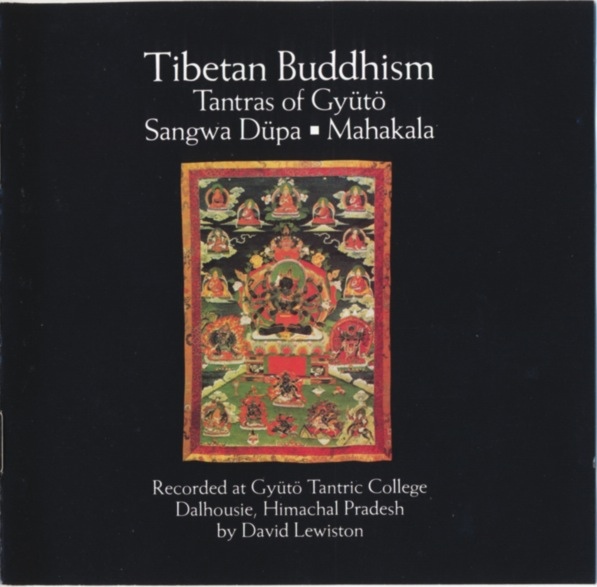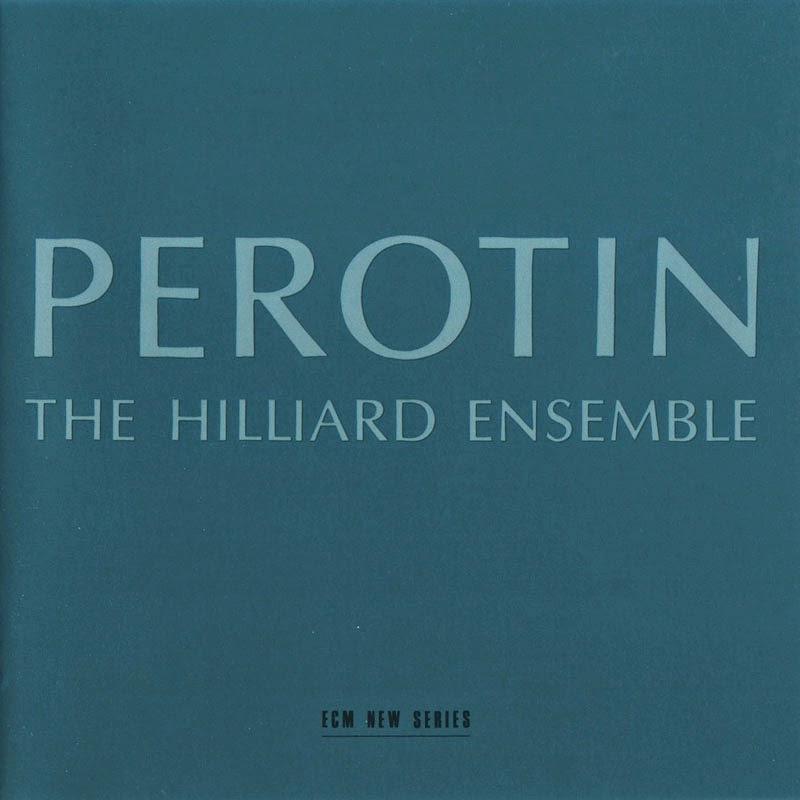
Monks Of The Monastery Of Gyütö – Tantras Of Gyütö: Sangwa Düpa / Mahakala, 1988




When I was in high school, a burned copy of this CD made the rounds among the “cool” choir kids. It was passed discreetly with knowing nods, intended for the ears of those who would “get it.” To this day, it’s still one of my favorite choral compilations (if only I were still in high school, maybe I could still be cool), but I think it speaks to a much wider range of people than a few self-aggrandizing choir dorks might have imagined. Performed by the venerated/veteran Hilliard Ensemble* (they mostly perform early music, but have also dabbled in Gavin Bryars and John Cage, and have collaborated a lot with Arvo Pärt), this is a collection of works written by the legendary Pérotin, who lived sometime in the late 12th and early 13th century and was responsible for some of the earliest polyphonic music of which we have written and attributed documentation. (Gregorian chant is earlier and is monophonic.) All that aside, this music is spacious, vibrant, and dovetailing. It doesn’t mind if you’re uninterested in Christianity or choral music or even the western tradition.
*If anyone’s going to be in London around Christmas, the Hilliard Ensemble’s last performance ever will be on December 20th at Wigmore Hall. They’ll be performing Pérotin’s “Viderunt Omnes,” one of the few existing examples of four-part organa, among others. It will be a seriously historical moment, so don’t miss it. Tickets here.